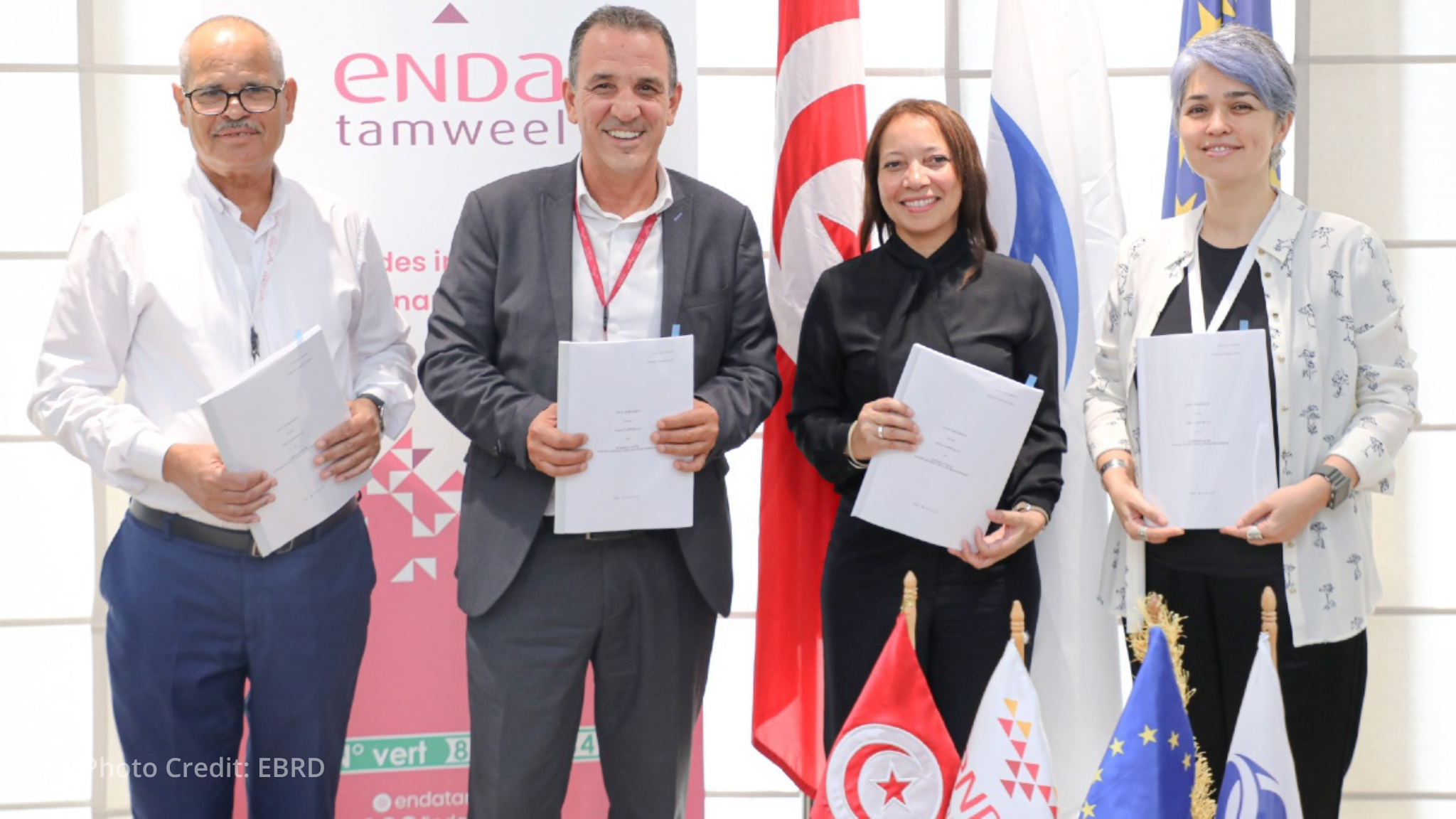The European Bank for Reconstruction and Development (EBRD) and the European Union are giving Tunisia’s largest microfinance institution up to TND 15 million to help young entrepreneurs get loans, according to a press release. The money goes to Enda Tamweel, which will lend it to small businesses owned by people under 35 through EBRD’s Youth in Business program. Small and medium companies make up about 90% of Tunisia’s economy but only 40% can get bank loans. The deal also includes training programs and technical help funded by the EU’s sustainable development fund. EBRD has put nearly €2.6 billion into 82 Tunisian projects since starting work there in 2012.
Tunisia’s young people struggle to find jobs or start businesses, even though they make up a large part of the population. The country has faced economic problems since the 2011 revolution that brought down longtime leader Zine El Abidine Ben Ali. Banks are often reluctant to lend to small businesses because they see them as risky investments. Enda Tamweel works with underserved communities and has been operating as Tunisia’s oldest microfinance institution. The organization partners with Enda Inter-Arabe to provide both financial and non-financial services to people who can’t get traditional bank loans.
The financing comes through several EU programs designed to boost private sector development in North Africa and the Mediterranean region. The European Fund for Sustainable Development Plus has €39.8 billion in guarantee capacity from 2021 to 2027, with €22.5 billion earmarked for EU neighborhood countries like Tunisia. EBRD’s Southern and Eastern Mediterranean Multi Donor Account also contributes funding to the project. Young business owners who get loans through Enda Tamweel will also have access to EBRD’s Advice for Small Businesses program, which provides training and mentoring.
The deal aims to prove that Tunisian small businesses can be good investments for the country’s financial sector. About 67% of EBRD’s projects in Tunisia focus on private companies rather than government programs. The bank wants to show local financial institutions that lending to small businesses can be profitable while also helping more people access financial services. This approach could encourage Tunisian banks to expand their own lending to young entrepreneurs and small companies that currently struggle to get funding.

